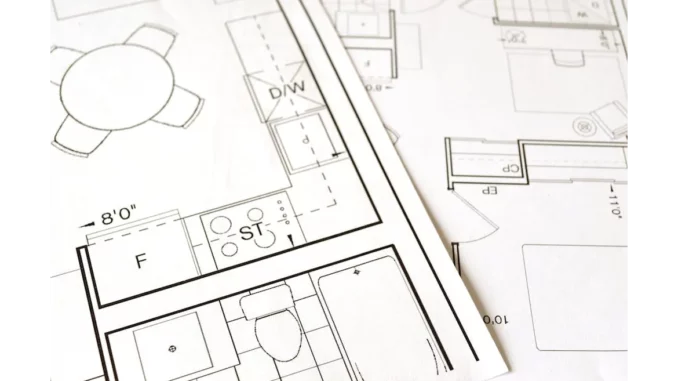
I recently had the pleasure of sitting down with Michael Harrison, a seasoned construction planner and scheduler with over two decades of experience in the industry. Michael shared his journey, insights, and the key takeaways from the newly released book, “The Critical Path Career: How to Advance in Construction Planning and Scheduling.” Our conversation was rich with advice on navigating the complexities of construction planning, the importance of schedule automation, and strategies for delivering projects efficiently.
Focus360 Energy: property compliance services – pre-planning to post-construction. Learn more.
From the Ground Up: Michael’s Journey
Michael’s career began in the early 2000s when he joined a mid-sized construction firm as a junior planner. “Back then,” he reminisced, “the industry was heavily reliant on manual scheduling. We used to spend countless hours drafting schedules, updating them by hand, and coordinating with teams through endless meetings.” His passion for efficiency and precision propelled him through the ranks, leading him to his current role as a senior planner for one of the largest infrastructure companies in the country.
The Critical Path Philosophy
When asked about “The Critical Path Career,” Michael’s eyes lit up. “This book is a game-changer for anyone in our field,” he said. “It’s not just a guide; it’s a roadmap to mastering the art of construction planning and scheduling.” He explained that the book delves deep into the critical path method (CPM), a cornerstone of project management that helps planners identify the most important tasks and sequences necessary to complete a project on time.
Michael highlighted a key chapter that resonated with him, which focuses on schedule automation. “Automation is not just a trend; it’s the future,” he asserted. “By leveraging software tools, we can create more accurate schedules, identify potential delays early, and reallocate resources more effectively.” He mentioned that the book offers practical advice on selecting the right tools and integrating them into existing workflows, something he believes is crucial for modern planners.
Automation: A Double-Edged Sword
While Michael is a strong advocate for automation, he also cautioned against over-reliance on technology. “Tools are only as good as the people using them,” he warned. “It’s essential to have a solid understanding of the fundamentals before jumping into automation.” He recounted an instance where a project was nearly derailed because team members blindly followed automated schedules without verifying their feasibility on the ground. “The book stresses the importance of combining technical skills with practical experience, which I think is invaluable advice.”
Delivering Projects Efficiently
One of the most compelling parts of our conversation was Michael’s insights on delivering projects efficiently. He emphasised the importance of clear communication and collaboration among all stakeholders. “A well-crafted schedule is useless if it’s not communicated effectively to the team,” he said. He shared how the book outlines strategies for fostering a collaborative environment, from regular progress meetings to transparent reporting mechanisms.
Michael also touched on the significance of flexibility and adaptability in project management. “No project ever goes exactly as planned,” he laughed. “The key is to be prepared for the unexpected and to have contingency plans in place.” He noted that “The Critical Path Career” provides numerous case studies and real-world examples of how successful planners navigate challenges and keep projects on track.
Advice for Aspiring Planners
Towards the end of our interview, I asked Michael what advice he would give to someone just starting in the field. He paused thoughtfully before responding. “First and foremost, never stop learning,” he said. “The construction industry is constantly evolving, and staying updated with the latest trends and technologies is essential.” He recommended aspiring planners to read extensively, not just industry-specific books but also materials on general project management and leadership.
Michael also stressed the importance of networking. “Building a strong professional network can open doors and provide invaluable support throughout your career,” he advised. He encouraged new planners to attend industry conferences, join professional associations, and seek out mentors who can offer guidance and wisdom.
Final Thoughts
As our conversation drew to a close, Michael reiterated his belief in the transformative power of “The Critical Path Career.” “This book is a must-read for anyone serious about excelling in construction planning and scheduling,” he concluded. “It’s packed with practical advice, real-world examples, and insights that can help you navigate the complexities of this field and advance your career.”
Interviewing Michael Harrison was a fascinating experience that offered a wealth of knowledge and practical advice. His journey and insights underscore the importance of continuous learning, effective communication, and adaptability in the ever-evolving world of construction planning and scheduling. For anyone looking to advance their career in this field, “The Critical Path Career: How to Advance in Construction Planning and Scheduling” promises to be an invaluable resource.
John Williams


Be the first to comment